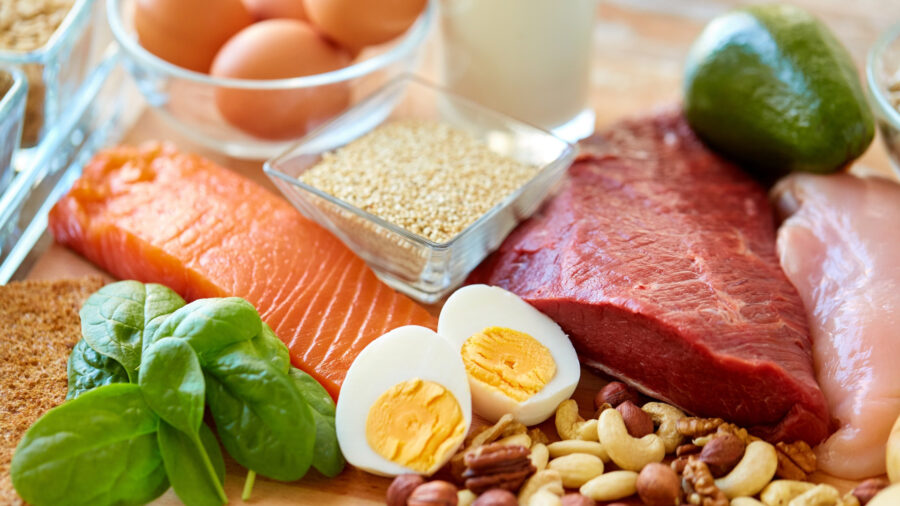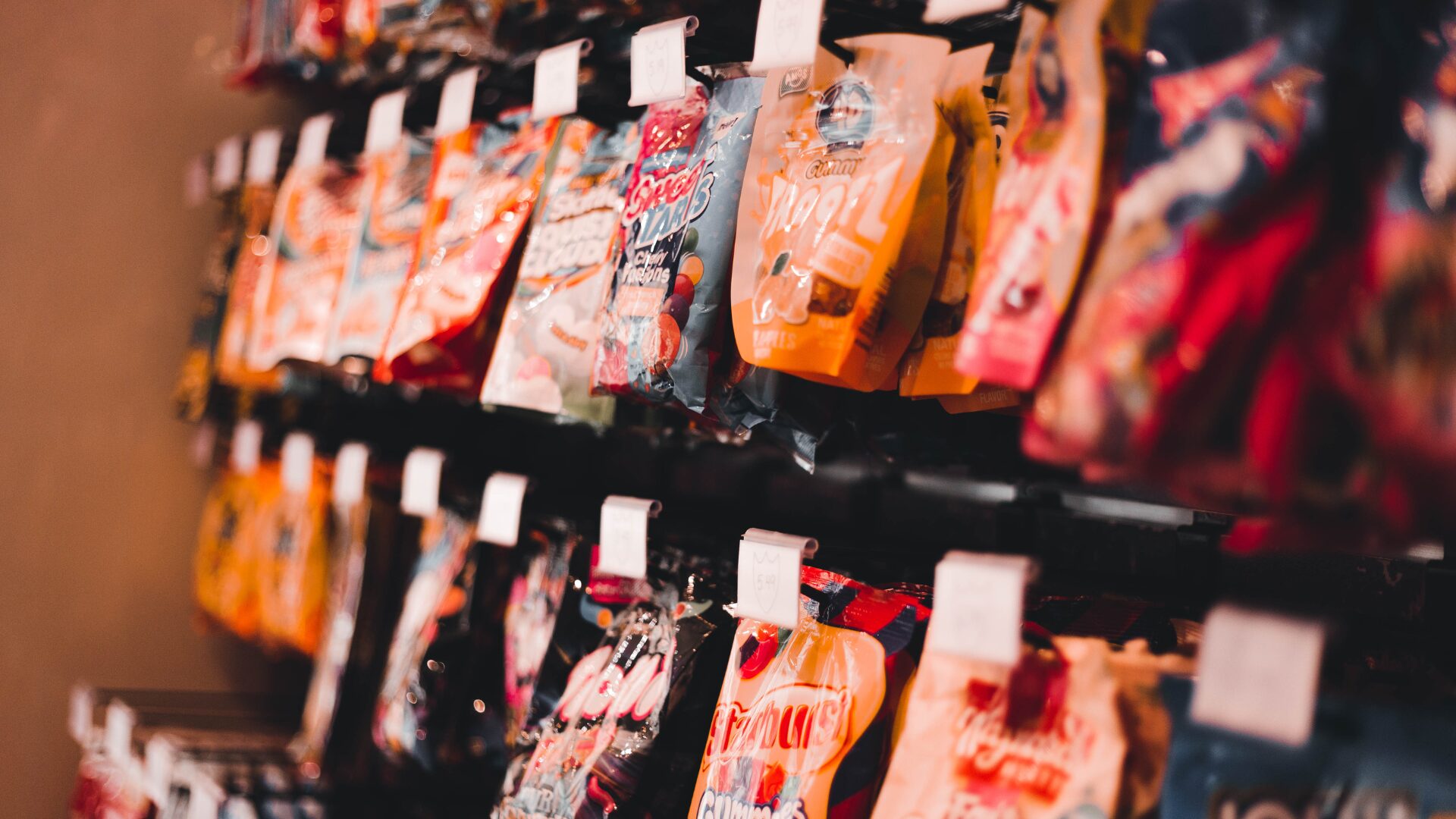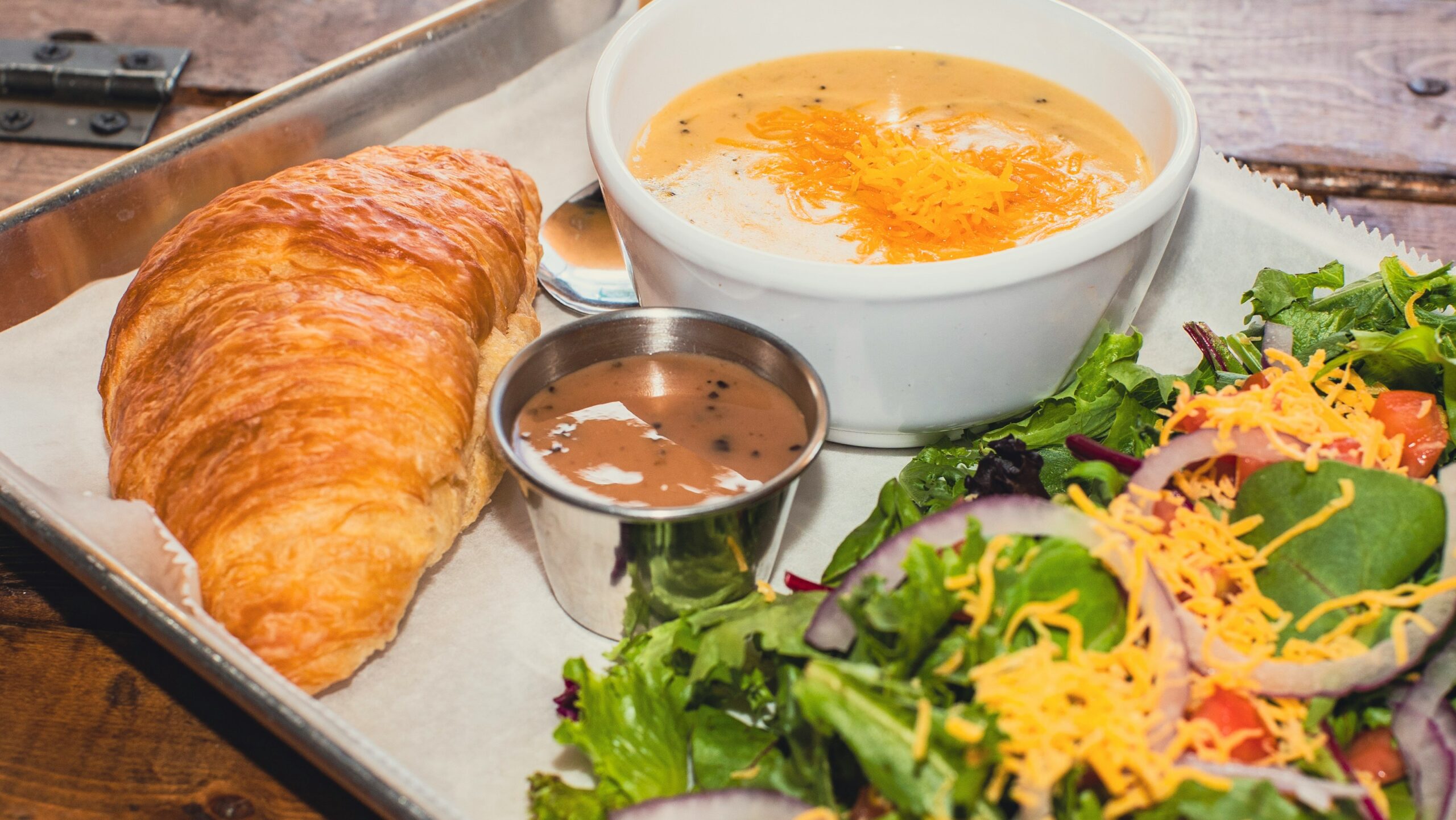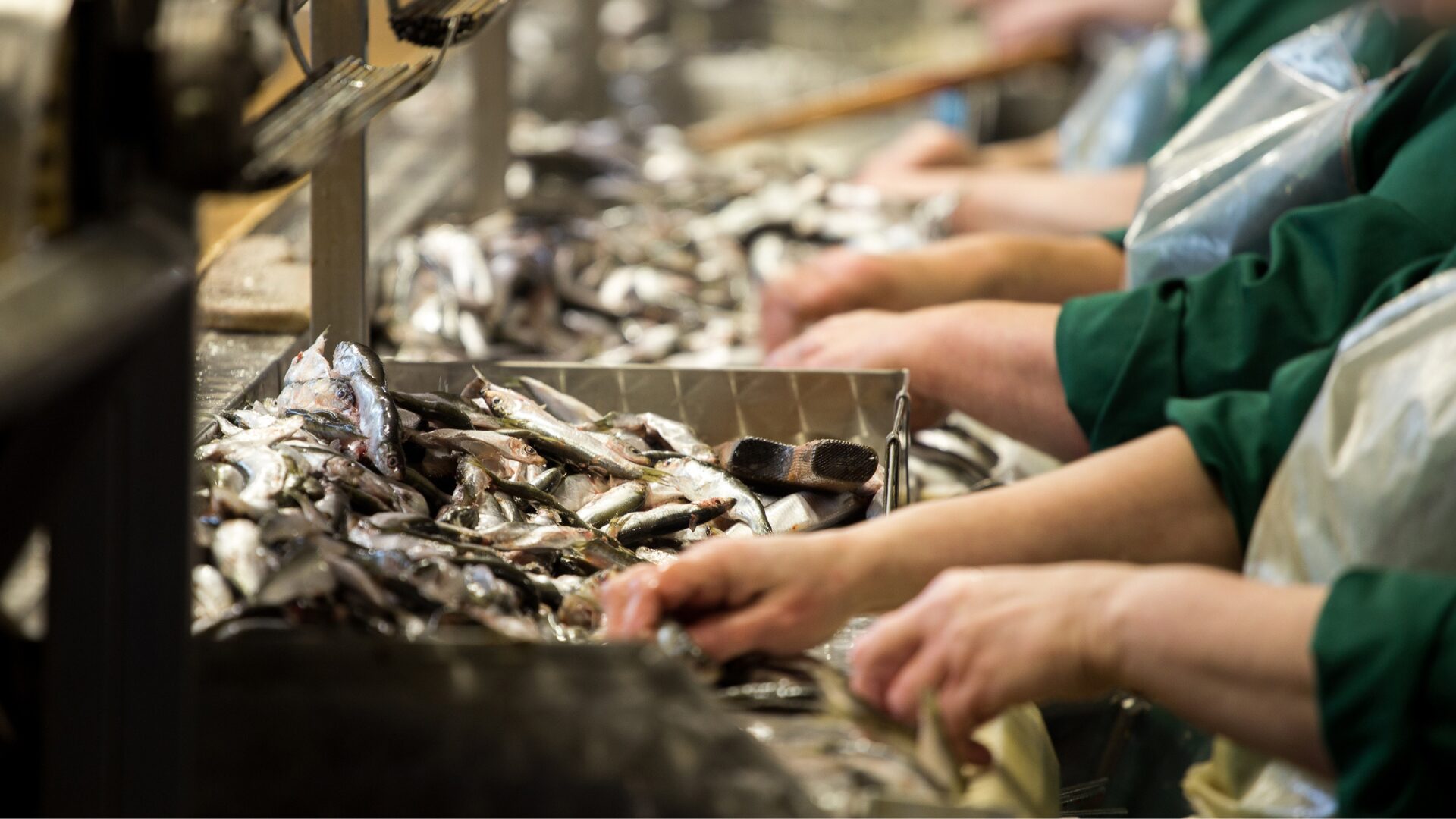When a food says “natural” on it, 51% of U.S. adults assume the product is made entirely of whole ingredients and 49% believe there are no preservatives, according to a new survey.
There are virtually no rules or regulations to specify what “natural” means in contemporary grocery. The FDA has no formal definition for the term, but does have a “longstanding policy” which considers “natural” to mean that nothing artificial or synthetic has been added.
Meanwhile, the USDA says that natural products are minimally processed and contain no artificial ingredients, but only as it applies to meat, poultry, and egg products. There are no standards or regulations for labeling natural food products that do not contain meat, poultry, or eggs, as far as USDA is concerned.
Both the FDA and USDA’s definitions of “natural” allow foods to be genetically modified and produced with pesticides. Animals raised with hormones and antibiotics are also considered “natural,” and so are Cheetos and Skippy peanut butter, as Eater noted in 2019.
Naturally Confused
This information would likely come as a shock to most of the U.S. adults surveyed by OnePoll in partnership with NatureSweet just last month.
Among the 2,000 respondents, the average person believed that 32% of their diet is made of natural ingredients. Considering the confusion about what “natural” actually means, it’s impossible to say how accurate this percentage is or isn’t.
Foods with the word “natural” on the label are also often perceived as more sustainable. One in four U.S. consumers (26%) assume that “natural” foods are better for the environment. Likewise, 65% believe that foods which claim to be “sustainable” were produced in a manner that benefits the environment.
And while reading “natural” on a label can easily lead to misconceptions about the merits of the product, the absence of the term is equally as inferential to consumers.
Unhealthy Assumptions
When poll respondents don’t see “natural” on food packaging, 52% of them assume the product must have chemicals in it. Another 43% deduce that the product is highly processed. Some 42% assumed that the food is unhealthy or full of preservatives.
U.S. consumers make these inferences, accurate or not, about what’s in their food because they care about making healthy choices. Sixty percent of Americans are reading ingredient labels more closely and 69% say they care about how natural their food is.
Within the last year, 61% of those surveyed actively sought out foods with fewer preservatives or processed ingredients. Some 42% bought more “natural” foods, and another 24% prioritized food produced or grown locally.
When a consumer finds themselves standing under the fluorescent lights of the grocery aisle faced with a choice, however, flavor is the supreme catalyst. When asked what matters most when buying food, most Americans (55%) cited the taste.
And in this economy? Another 66% of respondents said they don’t care where their food comes from as long as they can afford it.
The Food Institute Podcast
What’s plant-based, gluten-free, and of South African origin? Turns out, chakalaka is just that, but what is this product? Chakalaka Brands founder Leeto Tlou joined The Food Institute Podcast to explain his pivot from the finance world to the food industry, the South African cuisine’s history, and how its flavors could be perfect for the American palate.












